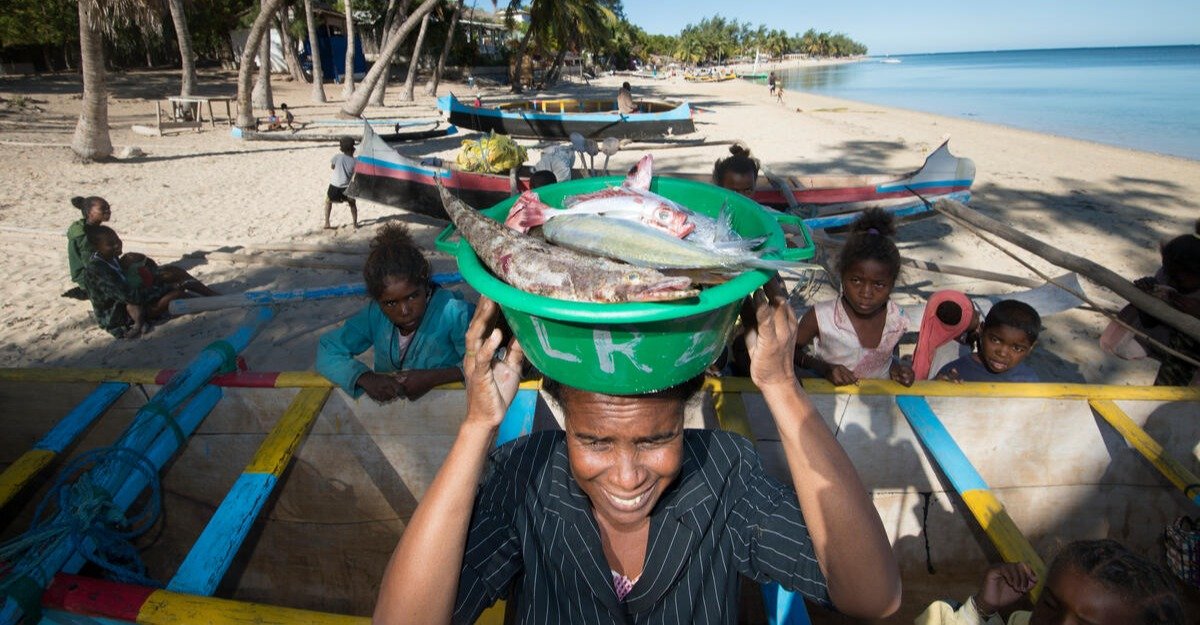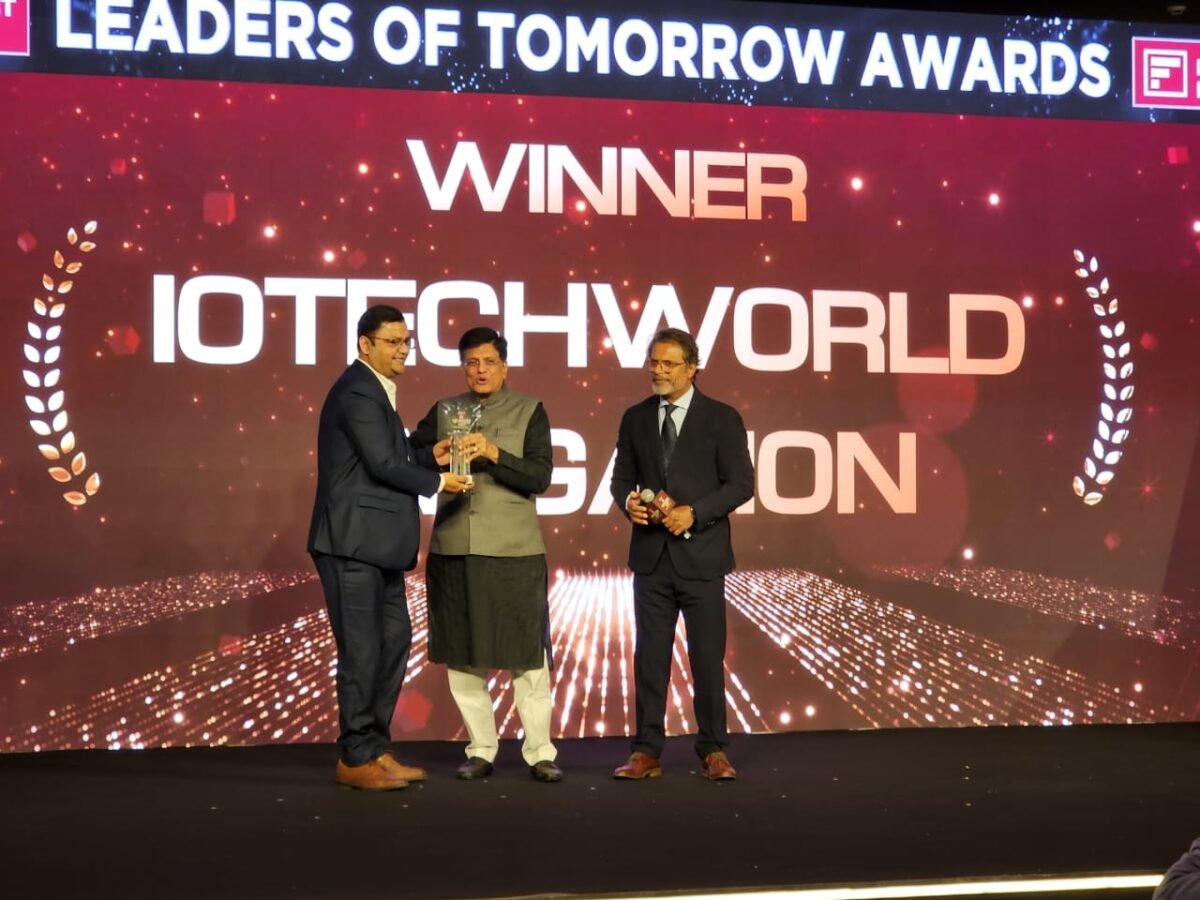Maersk will explore strategic investment opportunities in land development for logistics hubs, warehousing facilities.
A.P. Moller – Maersk (Maersk) and the Government of Tamil Nadu signed a Memorandum of Understanding (MoU) during the Tamil Nadu Global Investors Meet 2024. As per this MoU, Maersk and the Government of Tamil Nadu entered a partnership that allows both to explore strategic opportunities together and enable the state’s growing trade.
Maersk will explore strategic investment opportunities in land development for logistics hubs, warehousing facilities and deployment of electric trucks for distribution network in a bid to enable the Indian state’s growing trade. The Government of Tamil Nadu will provide Maersk with the right access to information, enable faster decision-making and provide a conducive environment to implement the latest in technology and best global practices.
Tamil Nadu is currently the third-largest contributor to India’s GDP, with the potential to become the second-largest next year. It is also the third-largest exporter from India, with an ambition to become a 1 trillion USD economy by 2030. In a state with such ambitions and a clear roadmap aided by a conducive business ecosystem, the right policy framework, a competitive environment and a large pool of young and future-proof talent, it is a win-win for Maersk and the state to partner and explore all potential opportunities for enabling trade.
Vikash Agarwal, Managing Director, Maersk South Asia said, “We have a long-standing 25-year relationship with the state of Tamil Nadu. The state’s conducive business ecosystem, robust infrastructure and a future-proof talent pool make it an attractive destination to invest in. We offer robust integrated logistics solutions in Tamil Nadu to various global and local customers across sectors such as Renewables, Automotive, Electronics, etc. Looking at the potential for growth in trade out of the state, we are now ready to explore opportunities that will allow us to develop land for integrated logistics hubs, build warehousing infrastructure and a sustainable distribution network to strengthen our integrated logistics solutions”.
Integrated Logistics in Action
The state of Tamil Nadu is currently connected to the global ocean network through Maersk’s two major service calls. Further, Maersk has a robust distribution network that connects the ocean ports to the hinterland, where many of the manufacturers and consumers are located. Maersk also has a cold storage facility in Chennai, which caters to its customers’ frozen and chilled cargo.
In addition to these, Maersk will now explore opportunities to invest in land development to create logistics hubs. These logistics hubs will implement the best practices from global examples to drive maximum efficiency while delivering resilience to customers’ supply chains. Maersk will also study the customer needs for storage facilities and build modern, state-of-the-art warehousing facilities that would incorporate the latest Warehouse Management Systems for the most efficient inventory management and focus on waste reduction. Finally, Maersk will also invest in building a fleet of electric trucks that will ensure sustainable and environment-friendly distribution. This is an imperative for some of the top customers of Maersk who have set for themselves stringent NetZero targets and who reply on logistics partners who can deliver decarbonised solutions.
V. Vishnu IAS, Managing Director and CEO, Guidance, Tamil Nadu said, “We are happy to collaborate with Maersk as a strategic logistics partner. To attract global investments into the state, the availability of effective logistics and supply chain solutions is key. We believe this collaboration would bring the right global expertise, network, and ambition to enable the growth of trade in the state. Guidance, Tamil Nadu shall facilitate necessary support and bolster existing conducive environment to implement best global practices for proposed investments.”
Maersk will explore strategic investment opportunities in














